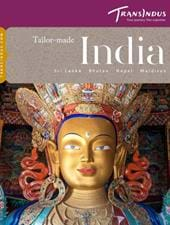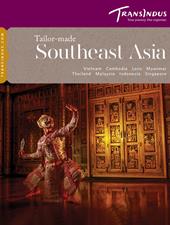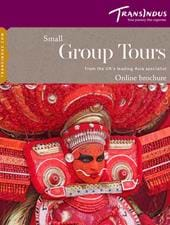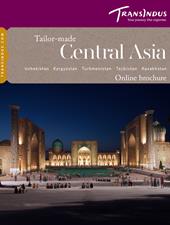There’s no better way to savour the exotic atmosphere of Kashmir than a stay on a traditional houseboat. The British were the first to see the potential of these stately crafts as summer boltholes, and the experience of staying on one has changed little since the Raj era.
Guests and their luggage are whisked on a shikhara from the lakeshore to their boat, where they’re met by its staff and a pot of fragrant Kashmiri tea. Once installed, sit back and enjoy the procession of traffic drifting past your bedroom window: men in long brown-wool pheran and knitted hats, puffing on hookahs between strokes of their paddles; canoes loaded with colourful cargoes of fruit, vegetables and flowers for sale at the city markets; and handicraft hawkers trying to attract your attention with finely painted papier-maché pots or Himalayan curios.
Between sumptuous Kashmiri curries in the boat’s carved wood dining room, the days tend to be spent exploring the lake and its surrounding monuments. Foremost among these are the white marble Hazratbal Mosque, one of India’s most sacred Muslim shrines, and Mughal pleasure gardens on the east and northern shores, whose elegantly symmetrical lawns, flower beds and fountains frame beautiful views over the water.
Other retreats favoured by holidaying Mughal princes included the tiny island gardens dotted over the lake, distinguished by their towering chenar plane trees, which turn a striking scarlet colour in the autumn. The Mughals used to spend summer nights in domed pavilions on these islets with their favourite wives or courtesans, serenaded by musicians and ghazal singers as oil lamps flickered in arched niches and reflections of the full moon shimmered on the water.









